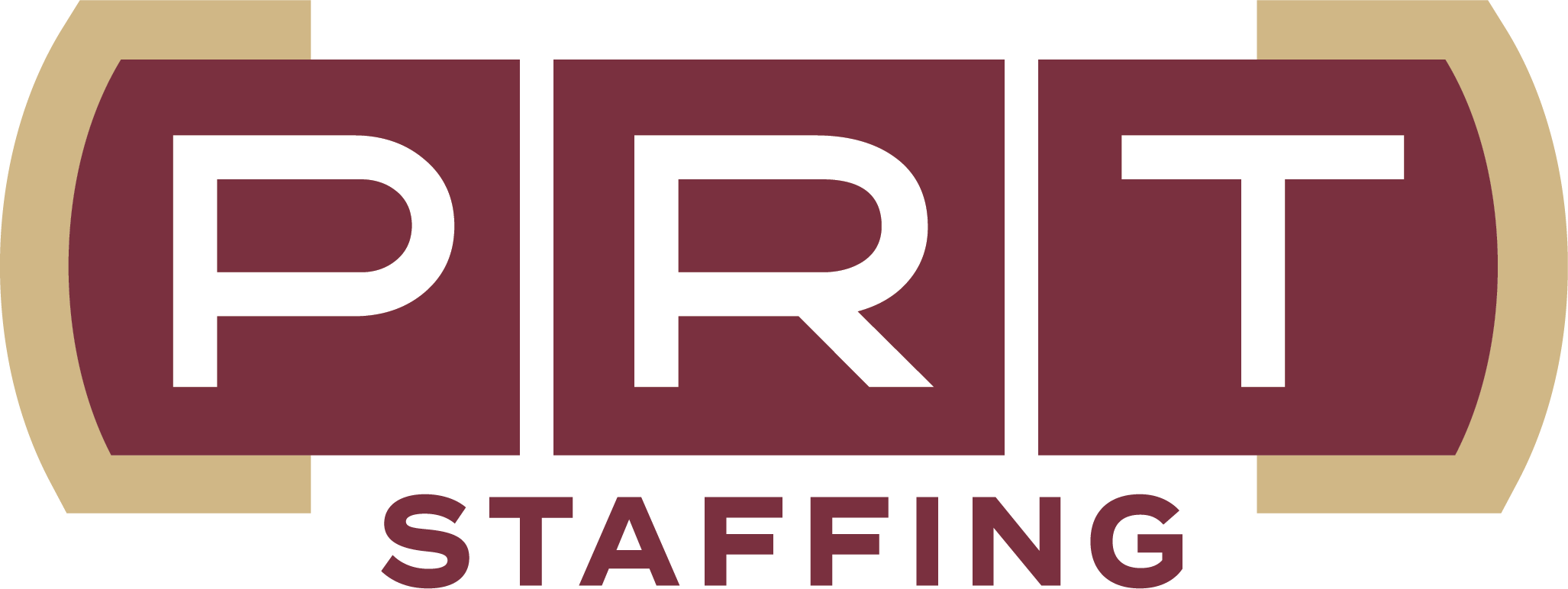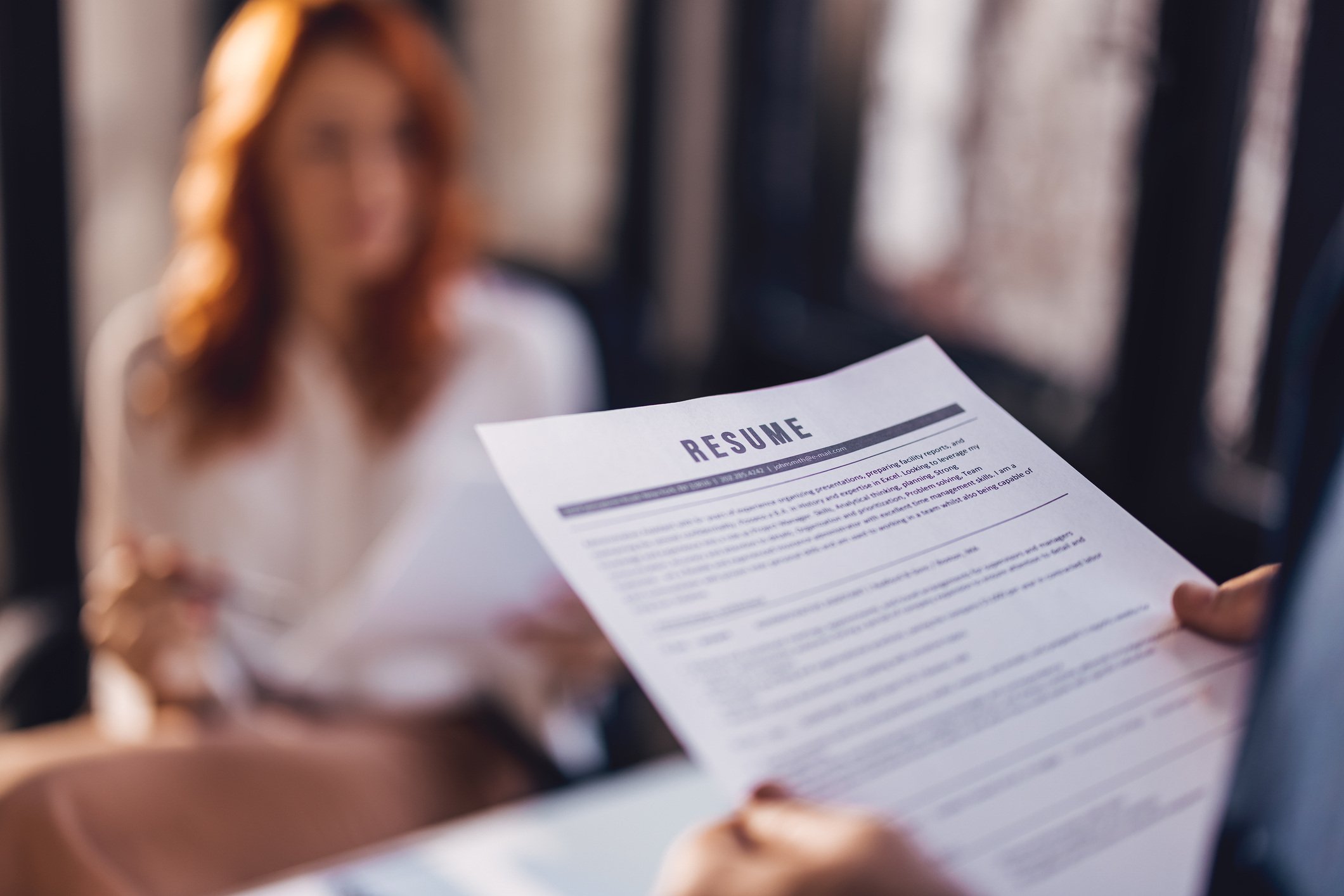Common Interview Questions and How to Answer Them
Interviews are a crucial part of the job search process, allowing employers to assess a candidate's qualifications, skills, and cultural fit. To make a lasting impression, it is essential to prepare for common interview questions and craft thoughtful answers.
“Understanding the kinds of questions you’ll likely be asked during a job interview can give you the opportunity to compose answers that best highlight your qualifications and why you are the right candidate for the job,” says Indeed.
The Importance of Interview Questions
Interview questions serve multiple purposes in the hiring process.
They help employers evaluate a candidate's qualifications, assess their problem-solving abilities, and gauge their compatibility with the company culture.
Through well-crafted questions, interviewers can delve deeper into a candidate's skills, experiences, and motivations to determine if they are the right fit for the role and the organization.
“For both the employer and the candidate to get the most out of an interview, it is essential to carefully consider the type of questions to ask,” says the Society for Human Resource Management (SHRM).
What Interviewers Look for in Candidates' Answers
When answering interview questions, employers are typically seeking several key qualities:
- Relevance: Interviewers want to see if candidates can directly address the question asked and provide pertinent information.
- Communication Skills: Employers evaluate a candidate's ability to articulate their thoughts clearly and concisely.
- Problem-solving Skills: Interviewers may present hypothetical scenarios to assess a candidate's ability to analyze situations and propose effective solutions.
- Confidence: Employers often look for candidates who display self-assurance while answering questions.
- Cultural Fit: Interviewers may gauge how well a candidate aligns with the company's values, mission, and work environment.
- Enthusiasm: Employers want to see genuine interest and passion for the role and the organization.
“Despite the importance of preparing questions in advance, the employer should not go into an interview with a list of ideal answers in mind. It is unlikely that any applicant would come close to providing such answers. A better approach is to keep in mind ideal characteristics that a successful candidate would possess,” says SHRM.
The Impact of Answering Interview Questions Effectively
Effective answers can significantly increase your chances of securing a job offer.
When candidates respond thoughtfully and highlight their skills and experiences, it demonstrates their suitability for the role.
Conversely, providing weak or inappropriate answers can hinder your prospects. It is crucial to prepare, practice, and tailor your responses to each question to ensure you make a positive impression.
“Freezing up in a job interview is a bit like stage fright: you have rehearsed your lines; you step into the spotlight and your mind goes completely blank. It is every performer’s worst nightmare,” says CNBC. “It can be disastrous in a job interview because it instantly erodes your confidence, making it harder to recover. Struggling to answer questions also hobbles your ability to have a substantive, fluid conversation. It may also signal to the interviewer that you wilt under pressure.”
20 Sample Interview Questions and How to Answer Them
One of the best ways to avoid freezing up during a job interview or giving unsatisfactory answers to employer questions is to prepare beforehand by answering some common questions posed to candidates.
Here are 20 sample interview questions and how to answer them:
- Tell me about yourself.
o Focus on relevant professional experiences and achievements.
o Highlight skills and qualities that make you an ideal fit for the role.
- Why are you interested in this position?
o Discuss how the role aligns with your career goals and interests.
o Highlight specific aspects of the company or job description that appeal to you.
- What are your strengths?
o Choose strengths relevant to the job requirements.
o Provide examples of how you have utilized these strengths in previous roles.
- Tell me about a project or accomplishment you are particularly proud of and why.
o Select a project that showcases your skills and achievements relevant to the position.
o Clearly explain your role, the challenges you faced, and the positive impact or results you achieved.
o Emphasize what you learned from the experience and how it contributes to your overall growth.
- What are your weaknesses?
o Mention a genuine weakness but focus on how you are actively working to improve.
o Highlight any steps you have taken to overcome or manage your weakness.
- How do you handle constructive criticism?
o Acknowledge the importance of feedback in personal and professional growth.
o Share a specific example of receiving constructive criticism positively.
o Explain how you used the feedback to improve your skills or performance.
- Describe a challenging situation you faced at work and how you resolved it.
o Select a situation where you successfully resolved a problem or conflict.
o Explain the steps you took to address the issue and the positive outcome.
- How do you handle stress and pressure?
o Describe techniques you use to manage stress effectively.
o Provide examples of how you have thrived in high-pressure situations.
- Can you provide an example of a time when you faced a difficult coworker or team member? How did you handle the situation?
o Describe a challenging interpersonal situation without placing blame.
o Explain how you approached the situation with empathy, active listening, and effective communication.
o Highlight the outcome or resolution achieved through your efforts.
- Why did you leave your previous job?
o Be honest and focus on positive reasons for leaving.
o Emphasize your desire for growth, new challenges, or a better work environment.
- How do you work in a team?
o Discuss your collaboration skills and ability to communicate effectively.
o Share examples of successful teamwork experiences and outcomes.
- Describe a time when you demonstrated leadership skills.
o Choose an example where you took charge and achieved positive results.
o Highlight how you motivated and guided others toward a common goal.
- How do you prioritize tasks and manage your time effectively?
o Describe your approach to organizing tasks and setting priorities.
o Discuss specific techniques or tools you use to manage your time efficiently.
o Share an example of a situation where you successfully juggled multiple tasks and met deadlines.
- Tell me about a time when you failed and what you learned from it.
o Describe a specific failure and the lessons you derived from it.
o Highlight how you have grown and implemented those learnings in subsequent situations.
- What motivates you in your work?
o Identify intrinsic and extrinsic motivators that drive your performance.
o Highlight the aspects of the job, such as challenges, learning opportunities, or making a positive impact, that inspire you.
o Connect your motivation with how it aligns with the company's goals and values.
- Describe a situation where you had to meet a tight deadline.
o Explain how you organized your time and prioritized tasks.
o Discuss how you managed to complete the project successfully.
- How do you stay updated on industry trends?
o Mention specific resources or professional development activities you engage in.
o Demonstrate your commitment to continuous learning and professional growth.
- Where do you see yourself in 5 years?
o Showcase your ambition and alignment with the company's long-term goals.
o Discuss how the position you're interviewing for fits into your career trajectory.
- What do you know about our company?
o Conduct thorough research beforehand
o Highlight key facts, achievements, or recent news about the company.
- Do you have any questions for us?
o Prepare a list of thoughtful questions about the company, team, or role.
o Avoid asking about salary or benefits unless the interviewer brings it up.
By understanding the importance of interview questions, aligning your responses with what interviewers are seeking, and practicing your answers, you can impress potential employers and increase your chances of landing the job you desire.





